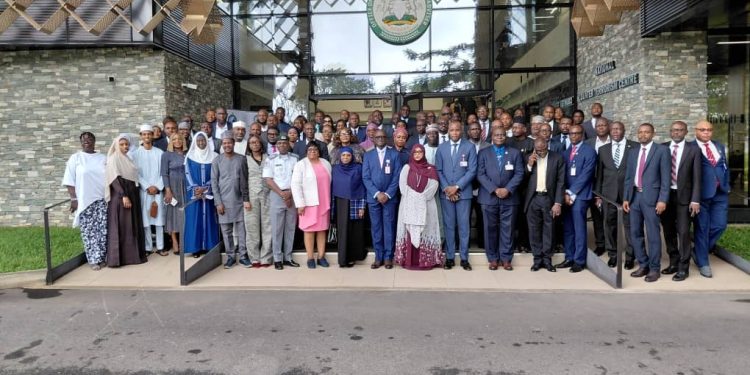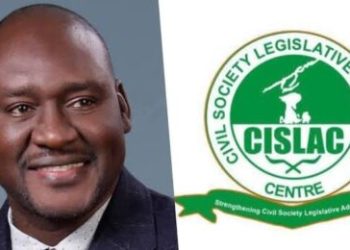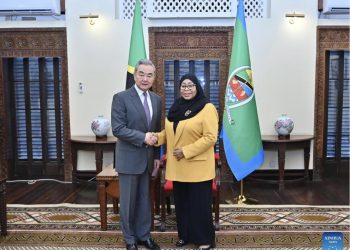By Nkechi Eze
In a decisive move to secure its removal from the grey list of the Financial Action Task Force (FATF), Nigeria has commenced an intensive mock on-site assessment to evaluate its readiness for the upcoming official FATF visit. The high-stakes simulation, which began in Abuja at the National Counterterrorism Centre, brings together key stakeholders from government, regulatory institutions, law enforcement agencies, and the private sector, all united in a common purpose, to restore global confidence in Nigeria’s financial system.
The four-day exercise marks a critical milestone in the country’s long and determined journey to strengthen its anti-money laundering and counter-terrorism financing (AML/CFT) framework. It is expected to serve as a final dress rehearsal before the FATF team, comprising 11 international assessors arrives for its official evaluation.
Speaking during the opening session, the Chief Executive Officer of the Nigerian Financial Intelligence Unit (NFIU), Hajiya Hafsat Abubakar Bakari, praised the collective resolve that has brought Nigeria this far. She highlighted the coordination and unwavering support of national leadership, including the National Security Adviser, the Attorney General of the Federation, and the Ministers of Finance, Budget and Economic Planning, and Interior, among others.
“Since February 2023, Nigeria has shown consistent dedication to addressing the 19 action items outlined by the FATF,” Bakari said. “This mock assessment is not just symbolic. It is a strategic and final opportunity to demonstrate our capacity, fine-tune our responses, and prove that we are ready. The sheer size of the incoming FATF assessment team is a signal that Nigeria is being taken seriously and that our efforts are gaining recognition.”
She further noted that Nigeria’s recent invitation to participate in FATF activities under its own national flag, rather than through regional bodies, is a powerful indicator of the country’s growing credibility and global relevance in AML/CFT reforms.
Representing the National Security Adviser, Major General Adamu Laka, the National Coordinator of the National Counterterrorism Centre echoed similar sentiments. He emphasized that the mock exercise was more than a procedural step, describing it as a strategic simulation designed to test the resilience, accuracy, and cohesiveness of Nigeria’s response systems.
“This is a mission-critical operation,” Laka stated. “The FATF on-site visit is not a bureaucratic exercise. It’s a global accountability mechanism. And our readiness must be absolute. The progress we have made since our face-to-face engagement with FATF in April this year in Dar es Salaam has been remarkable, but we must now focus on perfect execution.”
He also credited the Joint Standing Investigation Committee on Terrorism Financing and the technical support of the U.S. Department of Treasury for helping to enhance Nigeria’s capacity in financial intelligence, investigations, and prosecutions. He reaffirmed the Counterterrorism Centre’s full support for the NFIU and the broader national effort to disrupt terrorist financing and illicit financial flows.
“Let there be no mistake: dismantling the financial pipelines of terrorism is a matter of national security. Our ambition is not only to exit the FATF grey list but to assert Nigeria’s place as a responsible and resilient player in the global financial system,” Laka said.
Participants at the simulation drawn from critical ministries, financial institutions, security agencies, and civil society, were urged to approach the exercise with seriousness, synergy, and clarity of purpose. The outcome of the mock assessment, they were reminded, would shape the final impression made on the FATF team and determine the success of Nigeria’s campaign for de-listing.
As Nigeria edges closer to a pivotal moment in its financial history, the nation’s readiness, transparency, and collaborative spirit are expected to define its future standing in the international community. With the momentum gathering and commitment palpable across institutions, stakeholders remain optimistic that the country is poised to meet the FATF’s expectations and emerge stronger from the process.
















